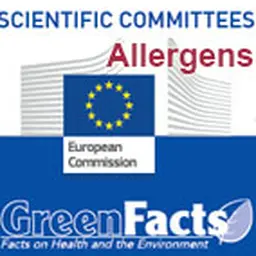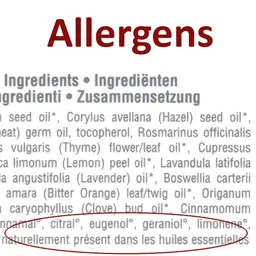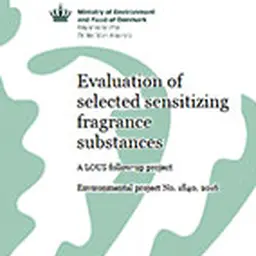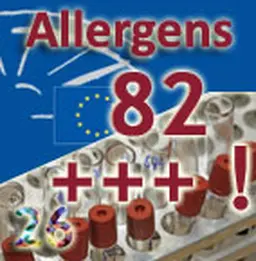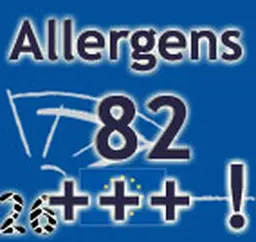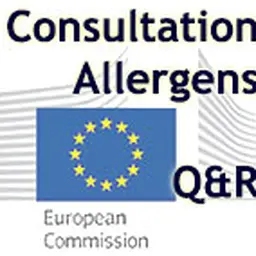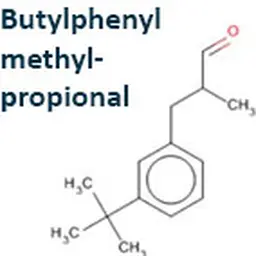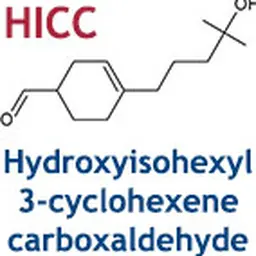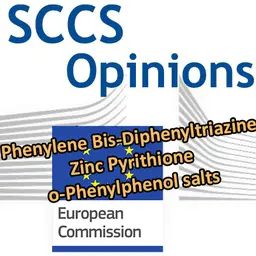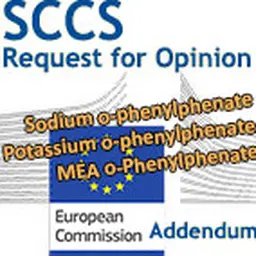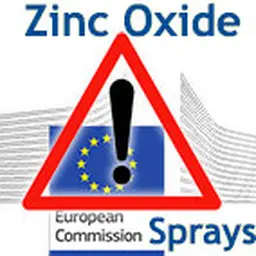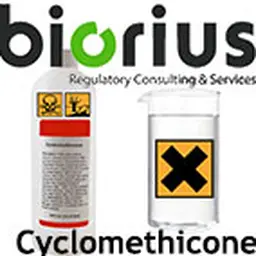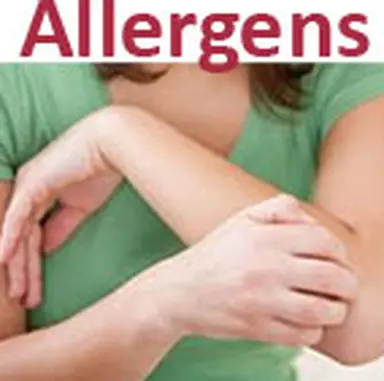
They are among the cosmetic ingredients most often denounced by the press or consumer organisations for their potential to harm health. They are omnipresent in products of all categories, especially as soon as they contain a perfume. 24 of them are subject to a declaration obligation in the ingredient lists. But are they all to be avoided at all?
An allergy is not an insignificant pain. When someone is affected, it can result in very different pathological signs like urticaria, rash, various forms of dermatitis like contact dermatitis, asthma, or even anaphylactic shocks, in the most serious cases.
Allergy mechanisms
Technically, it is a clinical phenomenon related to an inappropriate immune response in the presence of a particular substance called an allergen or antigen.
In other words, the allergy mechanism involves an antigen, a natural or synthetic molecule, which induces the immune response when it gets recognized by antibodies or cells in our immune system.
Antigens are usually proteins, polysaccharides, or their lipid derivatives, but antigen fragments called haptens can also induce an allergy.
As a result, many substances used on a daily basis can be a source of allergy, like certain foods (peanuts, crustaceans, gluten…), the acarids nested in dust, some metals used to make jewellery or coins (chromium, nickel…), and of course, cosmetics. Many of their ingredients actually have a documented allergenic potential, such as certain preservatives, UV-filters, hair colourants, and many perfume components, among others, including essential oils.
Hardly any human being is allergic by birth… most often, we become so, and this involves two phases. …

